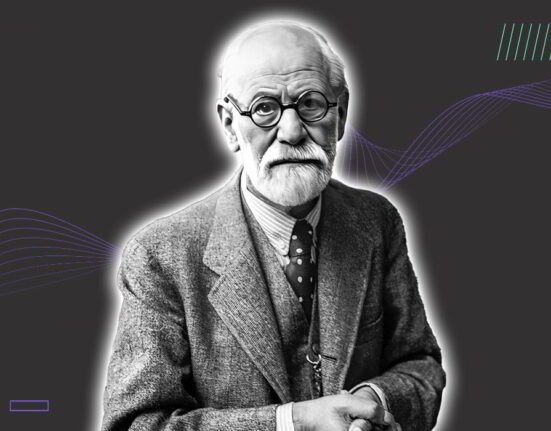In addition to the physical changes in your body, as you start cancer treatment, you also go through a lot of psychological and emotional changes. Cancer is a fatal illness that can be cured with the appropriate medication and medical attention. So, to prevent sinking into deep sadness, anxiety, or stress pits, get help from your friends, family, and professional therapists to lift you out of the pit and guide you through the storm.
Different age groups of cancer patients deal with various types of mental health problems. Cancer not only leaves physical scars but also psychological ones that last a lifetime. Nearly all cancer patients and survivors deal with psychological and emotional problems, which can persist for many years after treatment.
Cancer is a very serious disease, and most of the people who are suffering from it also have mental health problems. Even the family members of cancer patients cannot handle their mental condition after knowing about it; this helpline will help in reducing the stress level of people who are suffering from this disease. The helpline number is 8586091051, this step has been taken by Fortis Mental Health and Behavioral Sciences. With its help, people can consult a mental health professional on a call regarding their psychological issues and the mental state of their patients.
According to health professionals, patients of all ages experience a variety of mental health problems. Adults who have had cancer and are undergoing treatment deal with stress and depression. Puberty delays, growth problems, and even problems with brain development, which can result in disabilities, are common in growing kids and teenagers.
Patients with cancer frequently experience the following psychological issues:
Grief and sorrow: can naturally result in Loss of health, growth, physique, sex drive, and even physical characteristics.
Depression: Several studies have found that more than 70% of cancer survivors experience depression at some stage. Frequently, a patient experiences significant depression as a result of persistent worry about cognitive impairment, loss of appetite, difficulty sleeping, suicidal thoughts, and even social withdrawal.
Body image: Cancer survivors who have undergone amputations, deformities, or a significant change in bodily function, such as hair loss, may develop low self-esteem. Your desire for closeness and social contact may be impacted by a poor body image.
Survivor guilt: People also question how they were able to able to survive the illness and its consequences when others weren’t able to.
Relationships: Many patients believe that after receiving a cancer diagnosis or treatment, their friends, family, and co-workers treat them differently. For concern, they would want to steer clear of discussing cancer.
For cancer survivors and patients, there are a variety of therapies; support groups, social media platforms, and community services that can help them deal with the psychological impacts of the condition.
“Patients should be able to talk freely about their issues, encourage the listening and sharing of anxieties, and fears, and correct their misconceptions,” according to health professionals. Psychologists can counsel patients repeatedly to help them understand that they must manage the sickness, inspire them to adopt a positive outlook, and help them overcome their mental health issues.
However, recognizing a problem and having the confidence to seek help are the first steps in learning to cope with psychosocial changes.
Here are a few strategies for managing the situation:
Recognize and prepare for physical changes: The patient must begin accepting the changes their body will go through as soon as they receive a cancer diagnosis. Get ready now so that you are prepared to handle everything afterward. Join a cancer support group where the participants can share advice that has benefited them and others.
Keep up a healthy lifestyle: Your energy levels can always be upgraded and improved by leading a healthy lifestyle. In addition to getting the treatment, choose a nutritious diet, get rest, and exercise.
Take help from family and friends: In this time of need, seek out emotional support from your family and friends. Your friends and family can help you with errands, travel to appointments, meal preparation, and housework. This can give your loved ones a way to support you during a trying period.
Seek counselling: Engage in whatever activity you enjoy; among the finest ways to feel good are cooking, yoga, meditation, athletics, and occupational art and music therapy. Additionally, it’s critical to consult a qualified therapist if you’re experiencing stress or depression.
A positive outlook can help manage cancer symptoms. What got you through difficult moments before cancer diagnosis may be able to help you today. This could be a personal companion, a spiritual figure, or a hobby. Be willing to try newer cancer treatments as well












Leave feedback about this